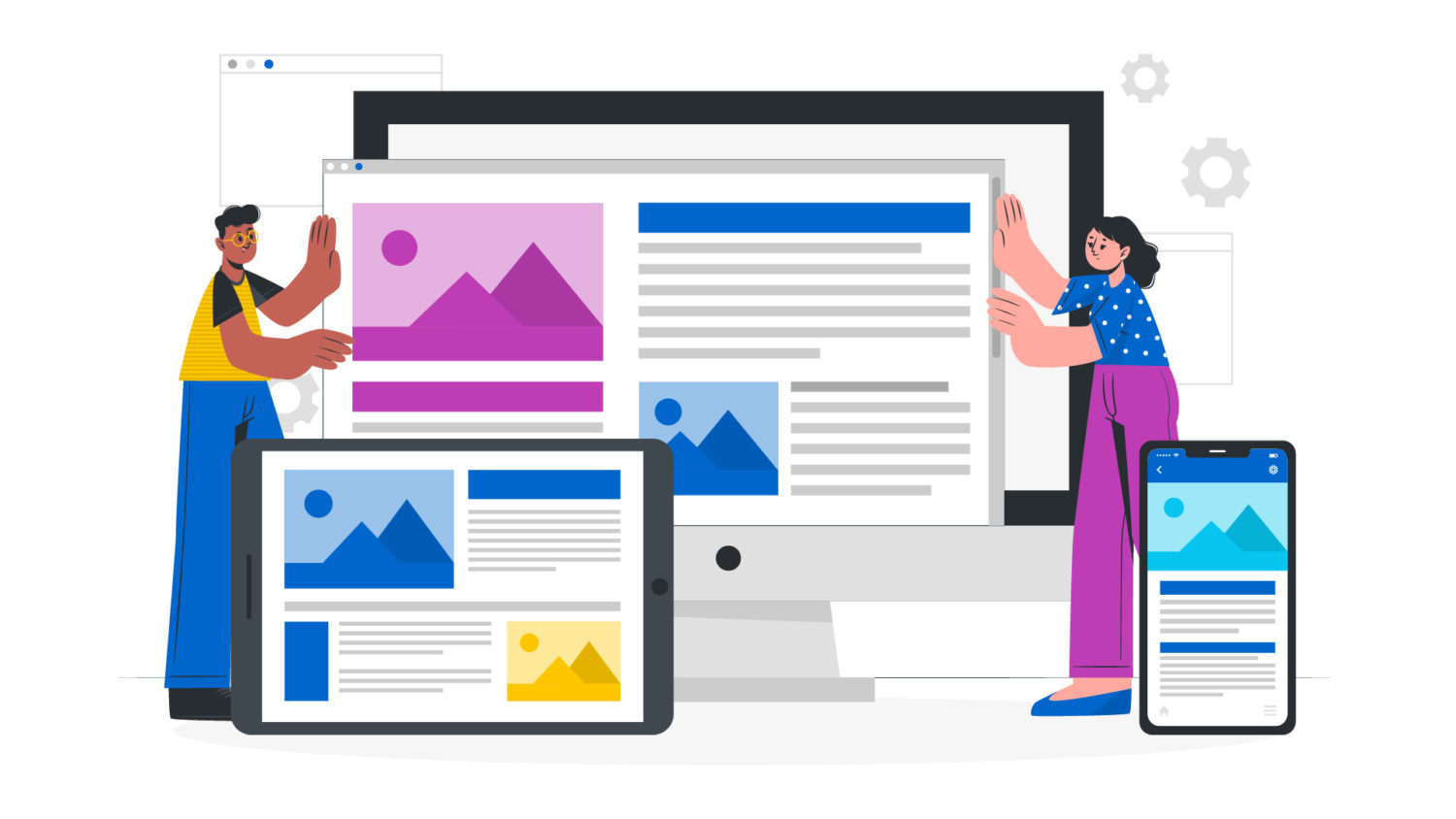How can we help?

Please get in touch using the form below.

A responsive website design is a must-have for any business looking to keep up with their consumers and stay ahead of their competitors. Today’s digital consumers have far surpassed the idea of ‘responsiveness’.
2 minute read
If you’ve ever used a website that hasn’t been optimised for mobile from your phone, then you’ll know the struggle of zooming in and trying to navigate the site. As of January 2020, 52.02% of all searches are mobile. It’s no wonder then that in 2015 Google’s ‘MobileGenddon’ algorithm update started ranking responsive websites higher than those that aren’t mobile-friendly.
Even more recently, Google introduced mobile-first indexing, which means that all websites are crawled in their mobile state first instead of their desktop equivalent. There is still one main index, which means that if your mobile site isn’t up to scratch, this could impact how your entire website is indexed and ranked.
As we touched on above, Google has changed how it ranks websites based on how mobile-friendly they are. This is because search engines want to give users the best answer to their questions and in the best way. Many factors affect how a business ranks on Google, but having a responsive website is a good step in helping to establish your business and improve your chances.
If your website is responsive, then you’re going to capture a larger share of your audience, especially when it comes to mobile. As a result, you’ll benefit from higher conversions, whether this is enquiry form submissions, online purchases, or downloads. If you make it easier for users to browse your site, you’ll boost your conversion rate.
As mentioned earlier, no one wants the pain of navigating a site that’s not optimised for their device. Ultimately, if you land on a website that makes it hard to read the content or navigate to what you’re looking for, you’re going to leave. Responsive websites keep users looking. They make it easier to flow from one stage of the sales funnel to the next, decreasing bounce rates.
Responsive design is key to creating successful user experiences. The journey a visitor goes on through your website needs to be tailored, and making sure they can access it from any device is critical.
 https://www.supersonicplayground.com/wp-content/uploads/2020/03/How-to-Buy-Your-Next-Website-pdf.jpg
https://www.supersonicplayground.com/wp-content/uploads/2020/03/How-to-Buy-Your-Next-Website-pdf.jpg


Our friendly team of designers, developers and digital specialists are ready and waiting to help with your website project.